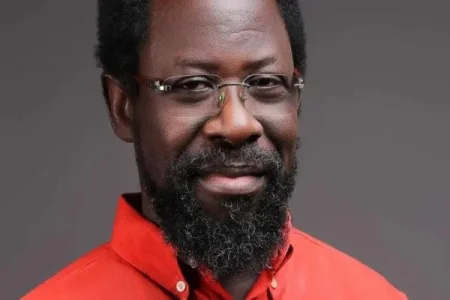
Afe Babalola, SAN, is suing Barrister Dele Farotimi for defamation over claims in Farotimi's book accusing Babalola of influencing fraudulent Supreme Court judgments. The 16-count lawsuit has sparked public debate, with Nigerians divided on the implications for freedom of speech and judicial integrity.
Afe Babalola, a prominent Nigerian lawyer, has filed a defamation lawsuit against Barrister Dele Farotimi over allegations made in his 2024 book, Nigeria and Its Criminal Justice System. The 16-count suit, presented at the Ekiti State Magistrate Court on December 4, accuses Farotimi of publishing false claims about Babalola's involvement in judicial corruption.
The suit focuses on several parts of the book, particularly claims that Babalola used his influence to sway judgments in the Supreme Court. Farotimi's accusations, according to Babalola, have damaged his reputation and undermined the public’s confidence in Nigeria’s legal system.
Babalola’s legal team argues that Farotimi's claims not only defamed him but also harmed the integrity of the judiciary as a whole. The lawsuit lists charges ranging from criminal defamation to attempts to spread false information about the legal profession. The charges also include accusations that Farotimi’s book contributed to public distrust in the Supreme Court and Babalola’s legal practices.
Farotimi has not publicly responded to the lawsuit, though sources close to him suggest he may defend the book as an academic critique, citing freedom of expression. The case is poised to test the balance between protecting individual reputations and upholding the right to criticize public figures and institutions.
The outcome of the case could set a significant precedent for defamation suits in Nigeria, particularly for authors and public figures making controversial claims about the judicial system. The trial is expected to be closely monitored by legal professionals, activists, and the general public as it unfolds.
Nigerians are divided on the case, with many criticizing Babalola's actions, while others support his stance on defending his reputation.




